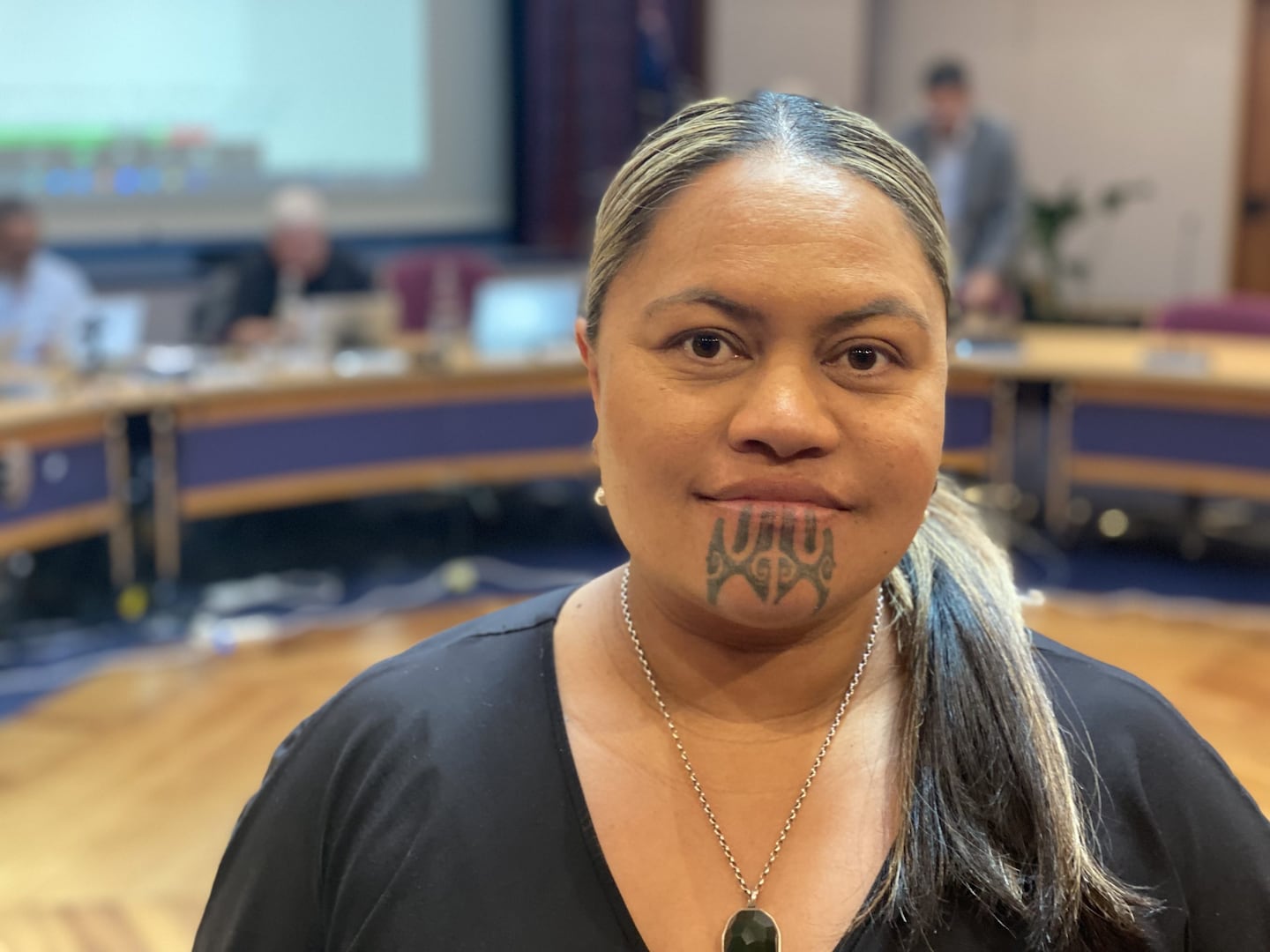Māori ward councillors in Taranaki are cautioning would-be candidates to do their homework and get their peoples’ support before stepping into the ring.
Council elections are a year away, but Local Government New Zealand says wannabe councillors should start preparing – including those with an eye on Māori wards.
South Taranaki District councillor Tuteri Rangihaeata says it’s awesome if Māori are prepared to stand and “they should have a crack at it.”
But Rangihaeata warns that even local government is complex and challenging.
“Do some homework, don’t leave it to the last minute, get your whānau wrapped around you.”
It might be the last time Taranaki’s five seats for tangata whenua are up for election as the government has demanded ratepayers get to say yes or no to almost every Māori ward.
The Māori wards remain on the ballots for the 2025 election but a ‘no’ vote would see them prohibited for the next two local elections in 2028 and 2031.
Rangihaeata represents Te Tai Tonga, one of South Taranaki’s two Māori wards, and said it was crucial he gained backing from Ngāti Ruanui via its rūnanga, and then from neighbouring iwi Ngaa Rauru Kiitahi and Ngāruahinerangi.
He said candidates needed to expect challenges, such as when he approached Te Korowai o Ngāruahine tumu whakarae Te Aorangi Dillon.
“And Te Aorangi said, ‘I’m not going to give you an answer, you’ve got to come and meet the kaumatua.’
“She was like: ‘well, you want to ask, let’s do it, cuz’.”
“They gave you the time of day to actually ask some challenging questions, so you’re really diving into iwi politics, iwi love and care.”
Seeking support also meant calling on kin connections of marae, hapū and whānau – and Rangihaeta was also endorsed by Te Pāti Māori.
At New Plymouth District Council, Te Waka McLeod won the single Māori seat Te Purutanga Mauri Pūmanawa and agreed tribal support was vital.
“Number one, make sure your whānau and hāpori and community, your iwi, your hapū are there to support you right the way through.
“So not just the election, but actually they will be the ones that will have your back when anything comes to the surface.”
McLeod said candidates needed to be realistic about the workload.
“Physically in the chamber, in meetings – because it’s not just one council meeting, you’ve got multiple meetings over your six-weekly cycle.
“And it’s a huge time commitment also reading your papers.”
The rules and regulations of the council chamber must be learned and McLeod said Māori candidates should also consider “the dynamics of the council and how that might affect you”.
“From a hauora (wholistic health) perspective, are you well enough to come into this and be challenged by your colleagues around kaupapa that you’re really passionate about? Or that your iwi and hapū are passionate about?”
Both Māori ward councillors said successful candidates would need to stretch beyond their own communities.
“You’re not just there for Māori,” said McLeod.
“Yes, you are nominated to be there to represent Māori but you’re there ultimately for the community and so you need to make sure your voice is being heard outside of just the Māori community.
“Because they also are looking to you and watching you and potentially wanting to pull you up on things, you know, with everything that’s happening at a political, governmental level.”
Rangihaeata enjoyed the challenges from South Taranaki’s diverse communities.
“You know the Pākehā elderly, I got an Indian Fijian, they’re asking me a million questions – well, I didn’t even know there was a Muslim community in Hāwera!”
Local Government New Zealand acting chief executive Scott Necklen said in the last elections forty percent of members were voted in for the first time.
The next local body elections are in October 2025 and LGNZ was encouraging people to start thinking now about how they can prepare themselves to stand.
“Candidates can attend council meetings and learn more about what the key issues are impacting on their community - and begin planning how they can make a difference,” Necklen said.
“The beauty of local government is that whether you’re a mayor or councillor, you only have one vote.
“A mix of experience around a council table leads to better decision making and ultimately contributes to a high-performing council,”
Candidate nominations open on July 4, 2025, closing on August 1.
𝙇𝘿𝙍 𝙞𝙨 𝙡𝙤𝙘𝙖𝙡 𝙗𝙤𝙙𝙮 𝙟𝙤𝙪𝙧𝙣𝙖𝙡𝙞𝙨𝙢 𝙘𝙤-𝙛𝙪𝙣𝙙𝙚𝙙 𝙗𝙮 𝙍𝙉𝙕 𝙖𝙣𝙙 𝙉𝙕 𝙊𝙣 𝘼𝙞𝙧


